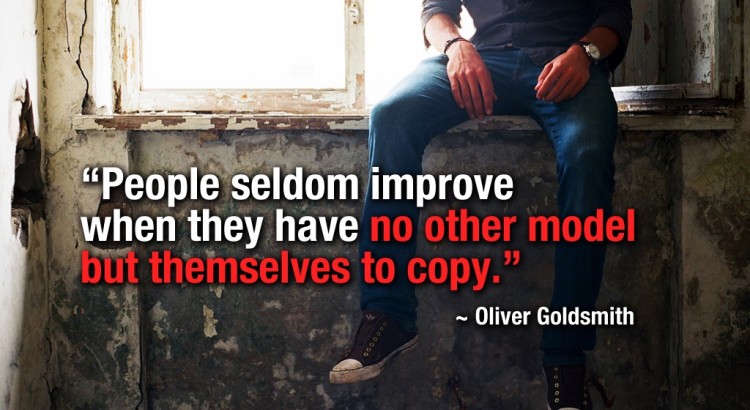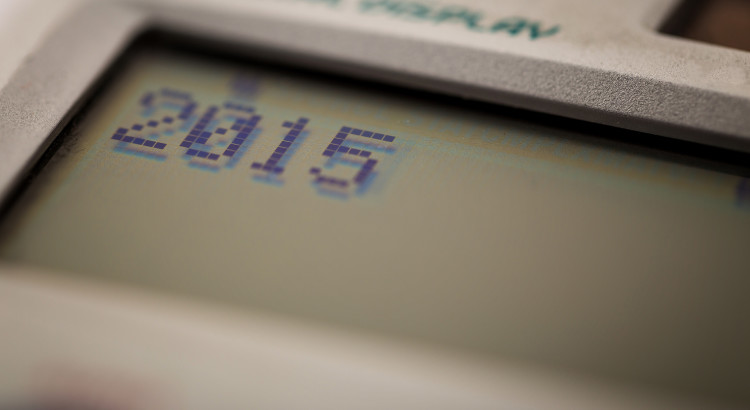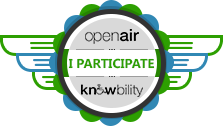One of the many things that I found empowering working with my Team AxIS and my advisor, Joseph O’Connor was that they used the computer so, well, easily.
I realize the descriptor easily may sound like a funny use of terms. Of course designers, developers and usability experts would use the computer easily!
And, especially when compared to my computer use.
Because my team knew how to use the computer to create the website that we talked about, I could watch them do things in a short period of time. What they were able to do was so far beyond my abilities. I could literally see things that we talked about taking shape before my eyes. Sometimes it wasn’t quite that fast.
However, my team was in India, and their day was my night.
So sometimes they would work on the site while I was sleeping.
And so I would wake up and start my day and when I looked at the computer, there would be an email to open.
And the email would show me suggestions that my team had for how to make the ideas we talked about the night before take shape.
Some days it seemed instantaneously.
Some days it might take longer. Often I was just getting used to an idea when it was already mocked up.
Just to say something I have learned about myself and my decisions is that I definitely have delayed processing post-injury and so it often takes me awhile to get used to an idea. I may have had slower decision-making prior to my injury, its hard to know. What I do know is that my decision-making is slower post-injury and so getting used to that and working around that is part of my “new normal”.
Back to my website and my team. From my point of view, my new website began to take shape very quickly.
To me part of the empowerment that I felt from participating in the Knowbility Open Air Contest, was that watching my team gave me hope that one day I will use the computer much more easily and much faster like I could see that they do!
I was an early adopter of computer technology before my injury and I know the benefits that the appropriate use of technology could give me to enhancing my productivity and quality of life.
However, with my slowed learning following my injury and the difficulties I have had with the distractions of the computer as well as the trade-off I face in terms of energy loss from concentrating in front of a screen, and countless other issues that I don’t have a grasp on yet, I have had a difficult time with experiencing gains from the computer.
Watching what my team could do not only motivated me and gave me hope just by seeing what they could do.
They also broke down for me new learning. I would get an email saying these are the steps you need to talk to do this. In others words, they gave me procedural information that I could follow.
First you do this, then you do that.
And I can follow simple instructions that tell me what to do and when.
Often I cannot break things down for myself.
But if the instructions are good and precise (and do not skip any steps), then I can follow them.
And if I cannot follow them the first time, I can try again and again until I learn them.
And I feel so empowered when I am successful at doing step one and then step two and then step three.
When I have hope because I can see where others are able to do and when I have a complete step by step approach, I can use the computer (or mobile phone or ipad). And I can experience benefits of technology. And I feel empowered.
When technology disempowers me, it disempowers me much more than it disempowers someone without my cognitive issues.
When I cannot learn how to do something new on the computer, either because their are implied steps or there is an assumption of knowledge that I do not have, or because I am unable to break down the steps myself, I experience frustration, just like others.
What may not be like others however is that I am conscious that I am dealing with a lot of increased frustration in just going about the simple tasks of my day. And in order to get through the day, I am already pursuing strategies to keep my daily frustrations from getting me down or getting me depressed.
So going on the computer to help me, and ending up with increased frustration, is often a risk that I cannot afford to take in my day, if I am already having a tougher time in my day than I am used to.
Or if my brain is not having a good day. In other words, if my brain is having a harder time performing simple tasks that I normally can do.
What my team did for me was by help me by pass much of the increased frustration that working on the computer can do for me.
They were motivated to help me, and they wanted me to succeed.
They broke it down for me.
Step one is this.
Step two is that.
And they modeled for me where I want to be one day.
And when I couldn’t do a task they suggested, they broke it down differently for me.
Together we found a way for me to increase my appropriate usage of the computer.
Everyone needs models outside of themselves to inspire them and help them with the steps they need to go where they would like to go.
I needed them before my injury!
After my injury, I need them more.
Thank you Team Axis and Joseph O’Connor and to all those at Knowbility.
Thank you, thank you!




Recent Comments